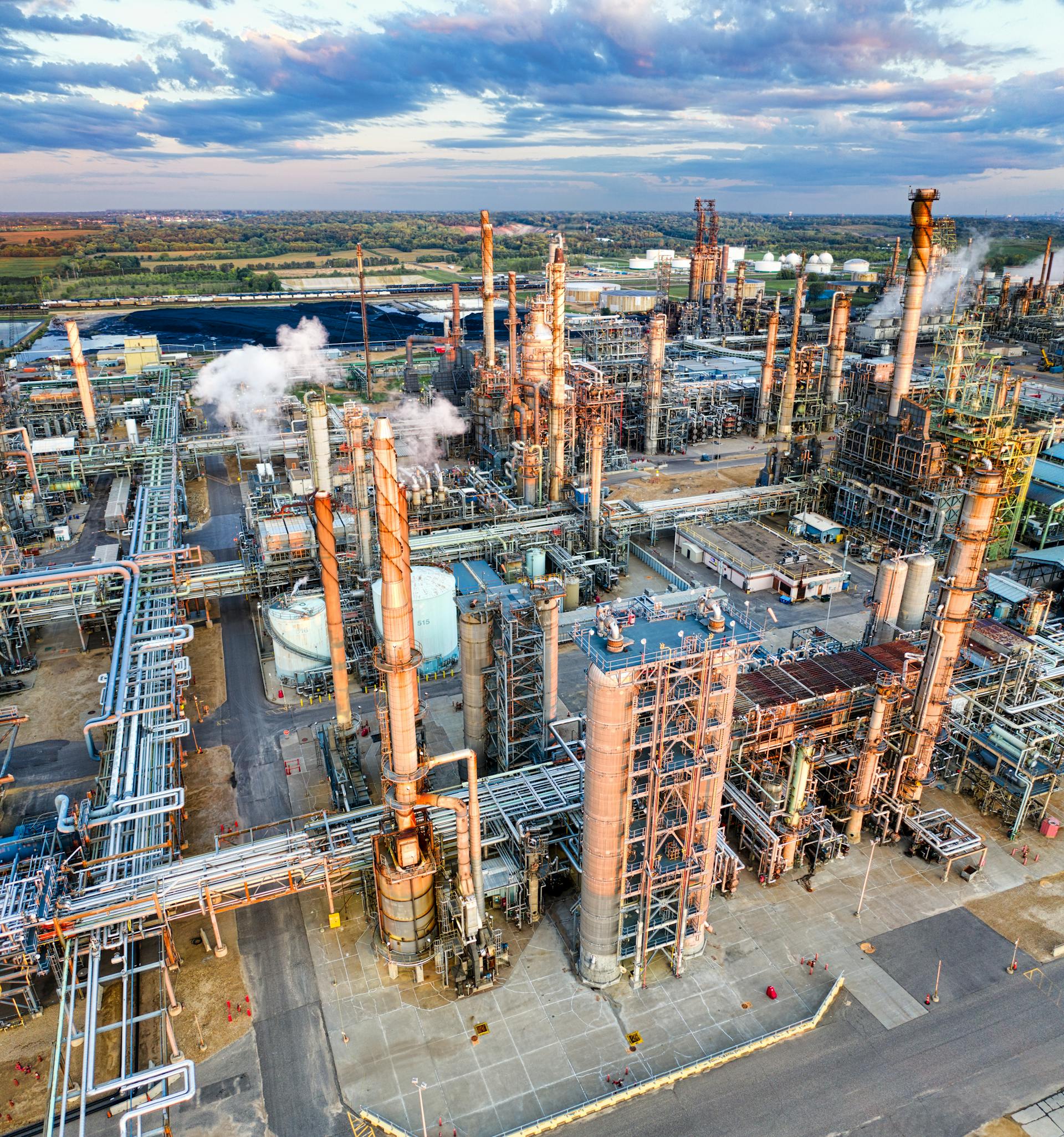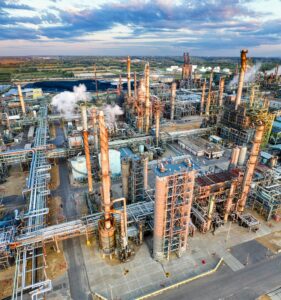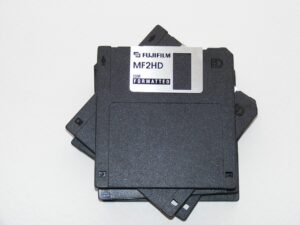Instrumentation and Information Technology (IT) play pivotal roles in the oil and gas industry, enhancing operational efficiency and safety. Instrumentation encompasses various devices and systems used for monitoring, measuring, and controlling processes within oil and gas operations. This includes sensors, control systems, and safety equipment that ensure the smooth functioning of extraction and refining processes.
On the other hand, IT systems enable seamless communication, data analysis, and decision-making across various departments. Advanced technologies such as cloud computing, data analytics, and the Internet of Things (IoT) are increasingly integrated into operations. These innovations facilitate real-time monitoring, predictive maintenance, and improved asset management, ultimately driving down costs and enhancing productivity.
Furthermore, cybersecurity is crucial in protecting sensitive data from potential threats. By combining robust instrumentation with advanced IT solutions, the oil and gas industry can optimize its processes, ensure compliance with regulations, and achieve sustainable growth while adapting to the ever-evolving energy landscape. This synergy is essential for future advancements and maintaining competitiveness in the market.
In addition, workforce training and development are critical in harnessing these technologies. Employees must be equipped with the skills to operate sophisticated instrumentation and IT systems effectively. Integrating automation in field operations not only reduces human error but also improves safety by monitoring hazardous conditions. Ultimately, the marriage of instrumentation and IT empowers the oil and gas industry to respond to market demands swiftly, enhancing its resilience and adaptability in a rapidly changing environment. As the industry progresses toward digital transformation, embracing these advancements will be vital for long-term success.










